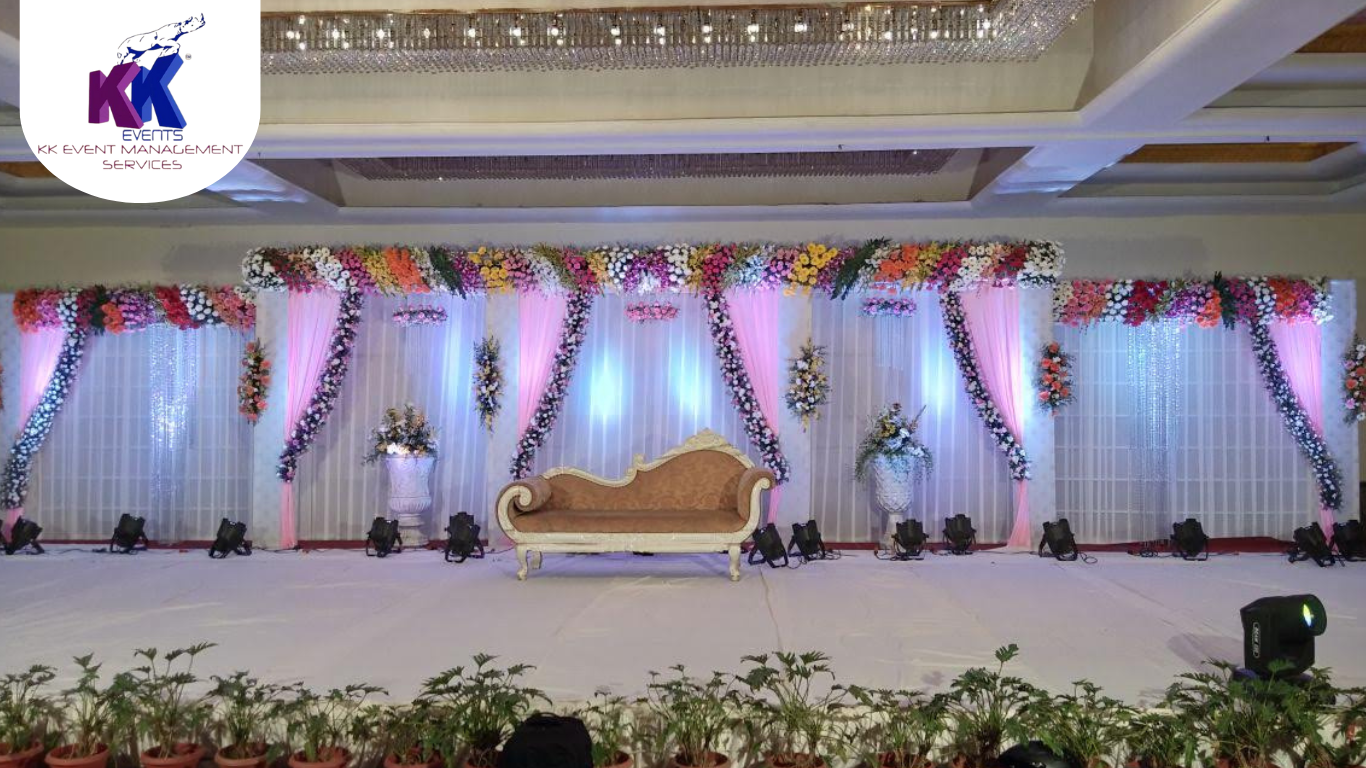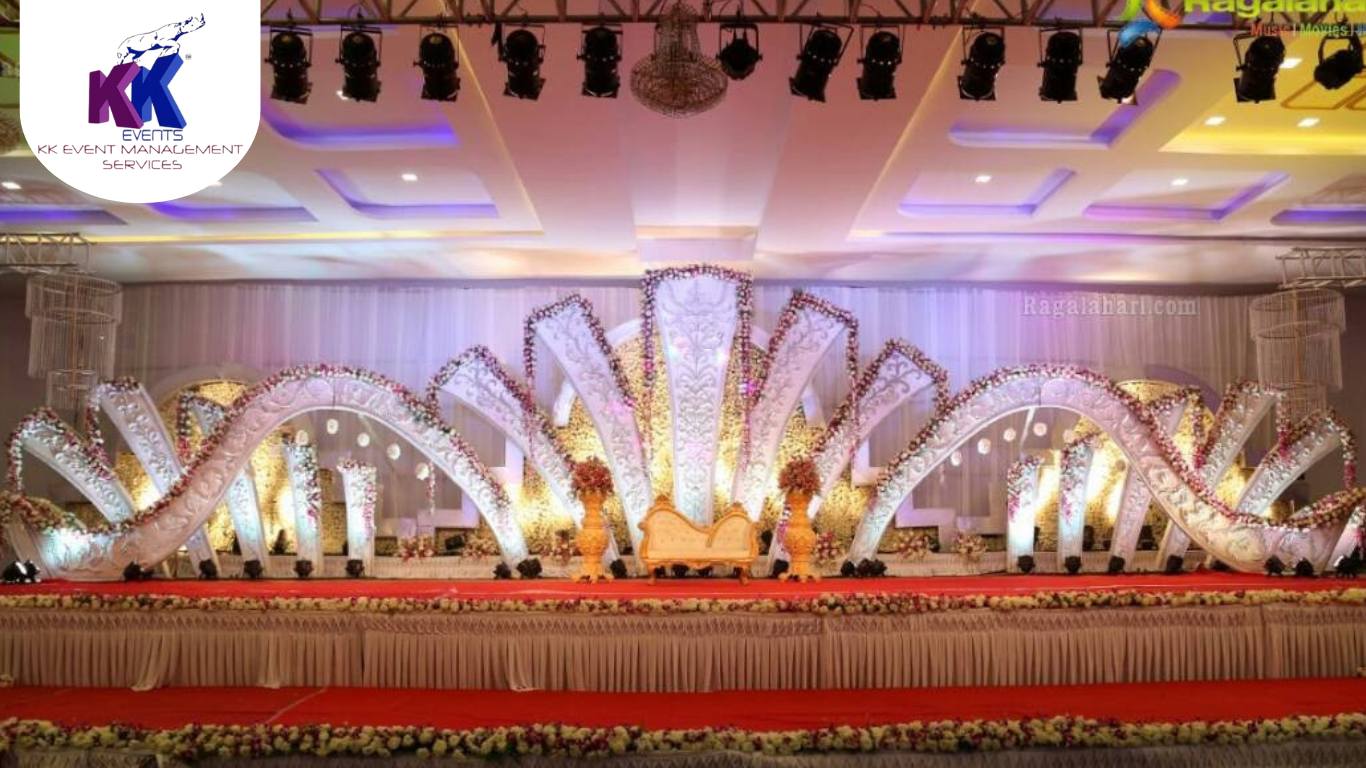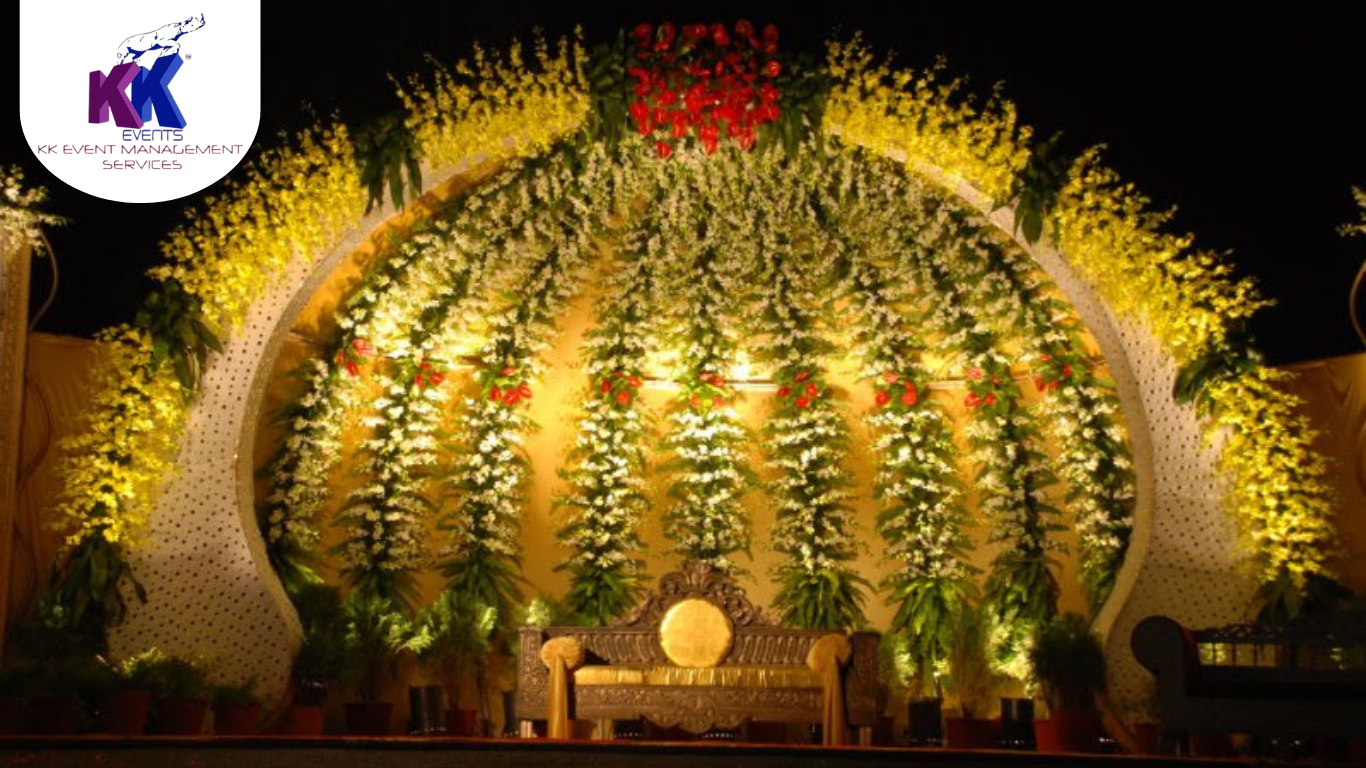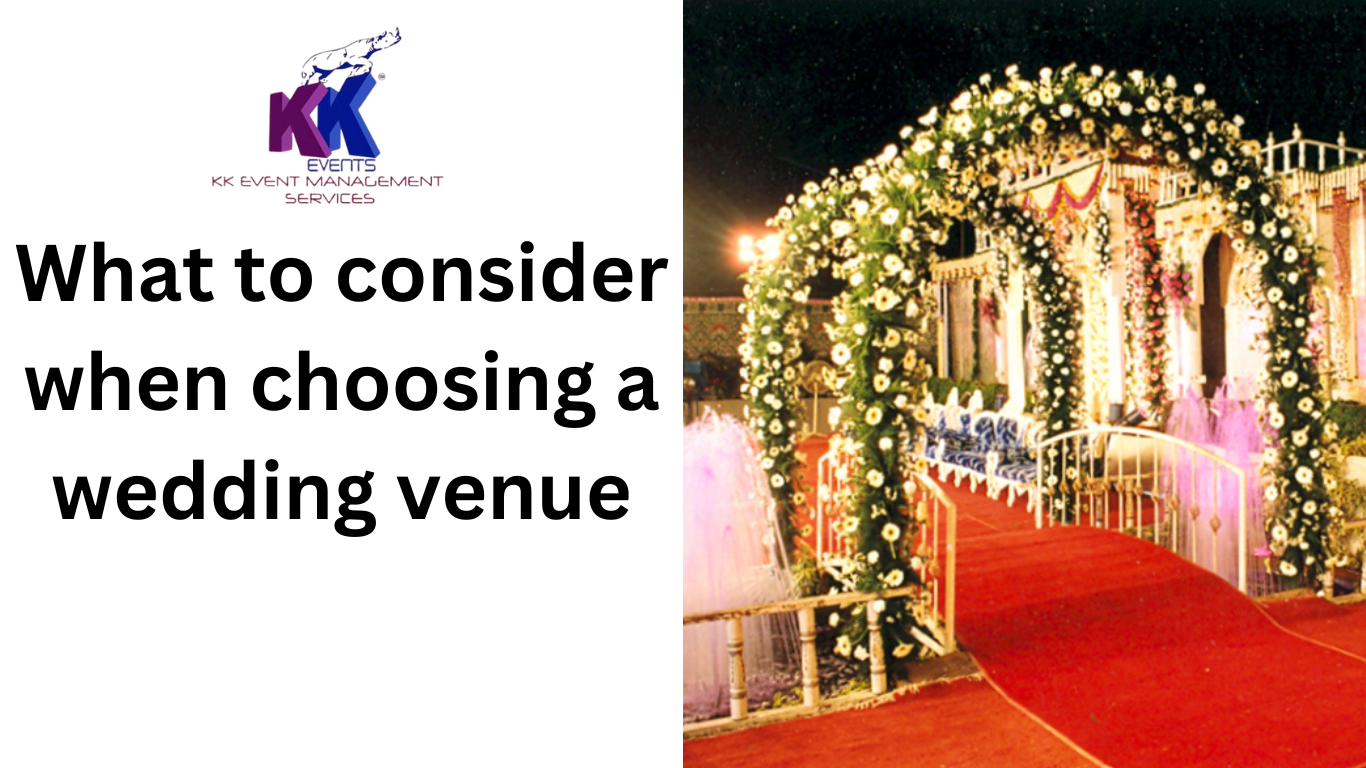Choosing a wedding venue is one of the most significant decisions in the planning process. Your venue sets the tone for your entire day and influences many other aspects of the event, such as the date, guest list, decor, and even attire. Here’s a comprehensive guide on what to consider when selecting the perfect wedding venue.
1. Budget
One of the most crucial factors to consider when selecting your wedding venue is your budget. Wedding venues can vary significantly in price depending on the location, season, and included amenities. Here’s how you can manage:
- Venue cost: Some venues offer an all-inclusive package, while others charge for space rental only. Be sure to understand what’s included in the pricing (catering, décor, staff, etc.).
- Additional costs: Don’t forget about potential extra charges for services like overtime, setup fees, or valet parking.
- Payment schedule: Some venues require a deposit, while others may expect full payment upfront. Understand the payment structure and cancellation policies.
2. Location
The location of your wedding venue can impact many aspects of your day, such as guest attendance and logistics.
- Accessibility: Make sure the venue is accessible for all guests, especially if you have elderly family members or guests traveling from afar. Consider proximity to airports, hotels, and public transport.
- Parking availability: Ensure there is enough parking for your guests or consider arranging transport services such as shuttles or buses.
- Accommodations: If your venue is in a remote area, ensure that there are sufficient accommodations for your guests nearby or within the venue itself.
3. Venue Capacity
Your guest list plays a huge role in determining your venue.
- Capacity: Choose a venue that can comfortably accommodate the number of guests you plan to invite. If you’re aiming for a more intimate affair, look for a cozier space. A large wedding requires a venue that can handle a high number of attendees.
- Room for activities: If you want a dance floor, a space for live music or DJs, and room for other entertainment, ensure the venue has enough space for these activities.
4. Venue Style and Aesthetic
Your wedding’s overall theme or style should align with the venue’s ambiance.
- Venue types: Options range from rustic barns and elegant ballrooms to beachfront resorts and urban lofts. Consider the atmosphere you want to create.
- Décor: Some venues have an inherent charm and may require minimal decoration, while others may need more work to transform the space. Think about how much you’re willing to invest in décor to match your vision.
- Flexibility: Ask whether the venue allows you to personalize the space with your own décor, florals, and lighting.
5. Weather and Season
Weather is unpredictable, but choosing the right venue can help mitigate weather-related issues.
- Outdoor vs. indoor: If you’re planning an outdoor wedding, ensure the venue has a backup indoor space or tents in case of rain. Conversely, an indoor venue with good air conditioning or heating is essential for comfort in extreme temperatures.
- Seasonality: The availability and price of venues can vary based on the time of year. Popular wedding seasons (spring and fall) may require booking a year or more in advance.
6. Services and Amenities
Venues differ in the services and amenities they offer. Consider what the venue provides and what you’ll need to source yourself.
- In-house catering: Some venues have their own catering services, while others allow external caterers. Understand the food and beverage policies, and whether they offer tastings before the event.
- On-site coordinator: Many venues provide a coordinator who helps with the planning process. This can be a huge benefit, as they are familiar with the space and its capabilities.
- Vendors: Some venues have preferred vendor lists or exclusive agreements with certain florists, photographers, or DJs. Be sure to confirm whether you can bring in your own vendors if you have preferences.
7. Availability
Popular venues can be booked out well in advance, particularly during peak wedding season.
- Flexibility with dates: If you’re set on a specific date, you may need to start your venue search early. Alternatively, being flexible with your date could open up more venue options.
- Multiple bookings: Some venues host more than one event per day. If privacy is important to you, ensure that your wedding will be the only event on the premises, or inquire how the venue manages overlapping events.
8. Layout and Flow
The layout of the venue can affect the flow of your wedding day.
- Separate spaces: Consider if the venue offers different spaces for the ceremony, cocktail hour, and reception. If the venue has a single area, think about how they will transition from one part of the day to another.
- Dance and dining areas: Make sure there’s enough space for both seating and dancing without overcrowding the room.
- Accessibility for vendors: Ask whether there are convenient loading docks or access points for vendors like caterers and musicians.
9. Restrictions
Every venue has its own set of rules, and it’s essential to know them upfront to avoid any surprises later.
- Noise ordinances: Some venues may have restrictions on loud music or curfews, particularly if they are in residential areas.
- Alcohol policies: Ensure that the venue allows alcohol, and clarify whether you need to hire licensed bartenders or if the venue provides them.
- Décor restrictions: Some venues prohibit certain types of décor, such as candles, confetti, or hanging items from the ceiling.
10. Reviews and Recommendations
Once you have narrowed down your list of potential venues, it’s important to do your research.
- Online reviews: Check out reviews from other couples to get a sense of their experiences. Pay attention to any red flags, such as poor communication or unexpected fees.
- Recommendations from vendors: If you’ve already hired a wedding planner, photographer, or caterer, ask them for venue recommendations. They may have worked at many venues and can provide valuable insights.
Conclusion
Selecting the perfect wedding venue requires balancing your budget, style, and logistical needs. While the process can be overwhelming, taking the time to weigh all your options ensures your wedding day is exactly as you envisioned. Prioritize what’s most important to you and stay organized throughout the planning process, so when the big day arrives, you can simply enjoy the moment in the perfect setting





